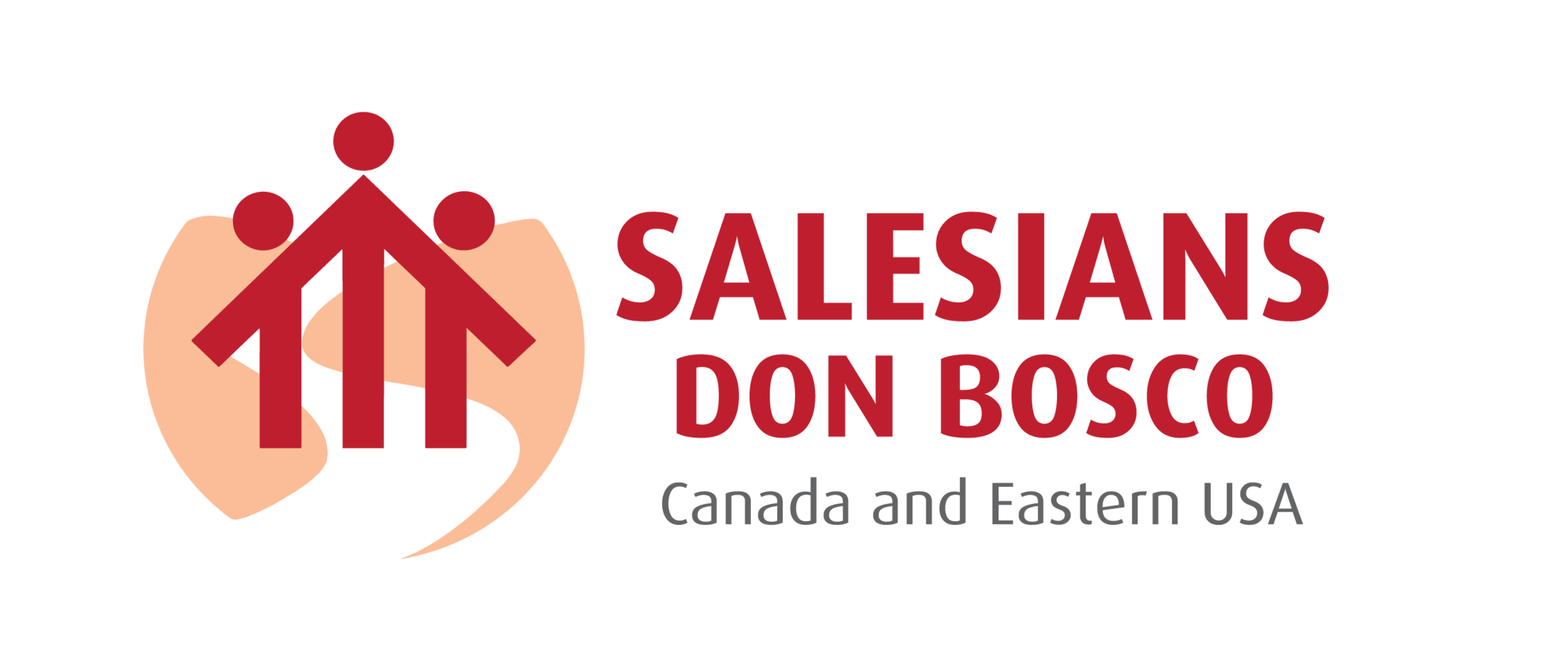
(ANS – Rome – April 26) – In 2019 the world celebrates 30 years since the origins of the Web. Fr. Fabio Pasqualetti, SDB, dean of the School of Communication at the Salesian Pontifical University, identifies changes and new challenges.
How has the communication of the Church changed in these decades, both in reference to the announcement of the Word and to being online?
First of all, the Church has, above all, been challenged mainly at the level of communication structure. The Church, we could easily acknowledge, has always had a “top-down” communication structure, that is, from the highest vertices to the base. The Internet, instead, implies a totally opposite mode of communication: from everyone to everyone, it is horizontal, without a center.
Hence the Church has had to accept the challenge of entering the network and accepting the fact that its voice is one among many. I believe this is the biggest challenge, in the sense that you actually need to have something interesting to say for someone to come to visit your sites, refer to your content, and therefore also find a space for discussion. But there are still not many ecclesial institutions and sites that welcome direct confrontation; many perhaps receive contributions, but always very regulated; others are information portals.
I believe, however, that in the long run, the idea is entering [the Church’s mindset] that using [contemporary] communications—if one wishes to stay in these digital environments, in social media for example—inevitably entails direct interaction.
Surely the Church has been able, even prophetically, to recall in its magisterial documents the role that internet communication must have?
The fundamental principle of the Church, which concerns all means of communication, is that these should help us to humanize ourselves more and more; this is also a great challenge. It can be placed in another symbolic parameter taken from the Gospel: either the Sabbath is at the service of man, or man risks being a slave to the Sabbath.
Today, what are the new Sabbaths? We could start from the economy, from development, from technology, which if oriented in new forms at the service of man become truly liberating and we can progress and grow as humanity; at the moment in which they become instruments of control, of power, of submission of others, instead, they obviously enslave. So, I believe that here, too, the big challenge is to understand today which direction we’re going; understand, for example, the whole problem of algorithms, machine learning, who uses them, who controls them, what is being done, in order to have greater knowledge and awareness of what direction we’re heading in, as a society and as humanity.
Source: Vatican News






